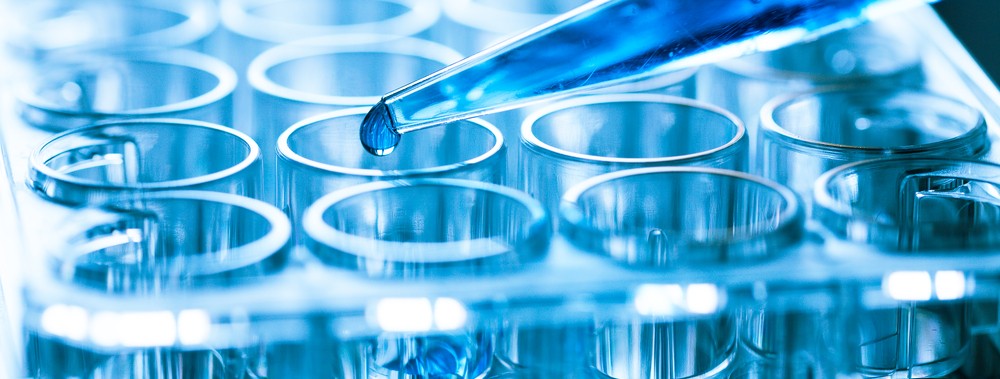Health
The Essential Manual To The CD45 Antibody In The Elisa Test

The recent advances in the fields of molecular biology and genetic science portend a bright future in finding cures for hitherto incurable diseases. These advancements have made it possible for scientists to detect the presence of life-threatening conditions through relatively simple and inexpensive tests.
Proper and early diagnosis is critical in determining the right treatment and procedures necessary to mitigate the condition and possibly cure it or at the very least prolong the lives of patients. One area that has shown promise in the area of early diagnosis of these conditions is the enzyme-linked immunosorbent assay test, which is known as the ELISA test in short.
The CD45 Antibody and The Elisa Test:
The ELISA test is useful in determining the presence of antibodies such as the CD45 antibody that is related to the Human Immuno Virus(HIV)infectious disease. Antibodies are a special type of proteins that your body produces to combat antigens, where antigens are disease-causing pathogens.
In this case, the ELISA test is used to detect and diagnose if you are HIV positive by detecting the presence of the CD45 antibodies in your blood. The human CD45antibody is a marker for T cells at different maturation and activation stages. What this means essentially is that the amount of this antibody in your body is indicative of the quantity and level of infection with the HIV virus that causes AIDS among others.
So What Exactly is The ELISA Test?
This test uses components of your immune system and various bio-chemicals to detect your body’s immune responses for an infectious disease such as HIV. The ELISA test involves the use of an antibody or antigen such as CD45, your blood serum and an enzyme, which is a protein that acts as a catalyst in a biochemical reaction.
The ELISA test comprises of the procedures outlined below:
- Sign a consent form with your doctor after being informed of what it entails.
- It involves taking your blood sample; this entails disinfecting the area from which the blood will be drawn.
- A band will be tied around the area in order for your veins to engorge with blood.
- A needle will be used to draw the blood into a syringe and the area will be sealed with gauze to prevent excessive blood flow.
- The blood sample will be sent to the laboratory for analysis; the blood will be mixed with the specific antigen related to the condition you are being tested for.
- If your blood contains antibodies to the antigen, the two will bind. The lab technician will ascertain this by adding the enzyme to the mix, observing the reaction.
- The amount of change caused by the enzyme will determine the presence and amount of antibody.
The Value of The ELISA Test
This test is a highly accurate test as it is extremely sensitive and specific in testing for a particular condition. It compares favorably with similar tests used in testing for substances in the body e.g. the radio immune assay test, RAI. Additionally, this test does not depend on radioisotopes, which are quite costly.
Author bio: Lenah Kim is a mother of two and a professional biochemist. She has over 10 years’ of experience in her profession. She has gotten to use all sorts of tests like the famed Mybio Source ELISA kits. To learn more about CD45 antibody, Visit her blog here.
-

 Tech11 years ago
Tech11 years agoCreating An e-Commerce Website
-

 Tech11 years ago
Tech11 years agoDesign Template Guidelines For Mobile Apps
-

 Business6 years ago
Business6 years agoWhat Is AdsSupply? A Comprehensive Review
-

 Business10 years ago
Business10 years agoThe Key Types Of Brochure Printing Services
-

 Tech8 years ago
Tech8 years agoWhen To Send Your Bulk Messages?
-

 Tech5 years ago
Tech5 years ago5 Link Building Strategies You Can Apply For Local SEO
-

 Law5 years ago
Law5 years agoHow Can A Divorce Lawyer Help You Get Through Divorce?
-

 Home Improvement6 years ago
Home Improvement6 years agoHоw tо Kеер Antѕ Out оf Yоur Kitсhеn































